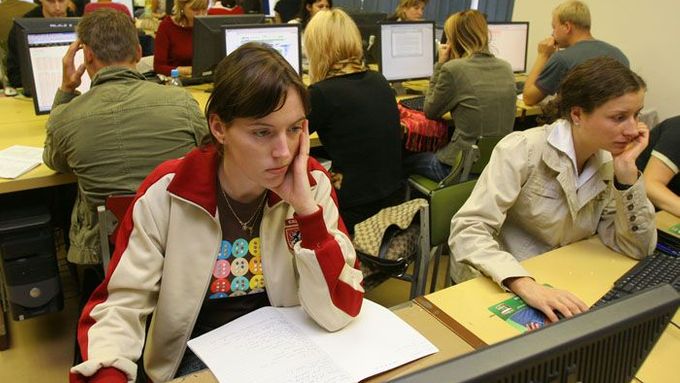Prague - Hardly a popular step in a country where several generations got their education without having to pay, the possibility of schools starting to charge their students seems to be making futher inroads into the political agenda.
A candidate for the presidential office Jan Švejnar said earlier this week he is convinced that investments to the education are inseparably connected to school fees.
"Our problem is that we don't stress enough the necessity of investments in education. If our country is not to be left behind, we would need to grant more than we can afford. That's why we need school fees, since they can provide additional resource to finance education," he said in a university in the Moravian city of Zlín where he began his pre-election tour.
READ MORE: Full steam ahead. Švejnar launches his campaign
At the same time, Hospodářské noviny (HN) daily quoted the Prime Minister Mirek Topolánek from the Civic Democratic Party (ODS) saying basically the same thing. He said he wanted to see to it that before the end of his government's term, the university students will be paying extra for their education.
Loans, grants, savings
Topolánek plans to introduce the so-called "postponed" school fees that would permit the debtors to begin paying it off not until they have finished the school and reached a salary of a certain level. He also reminded that school fees were part of his party's electoral program.
He only floated this very general idea, without going into specifics, though. In any way, the government promised to introduce cheap student loans, grants, and saving programs before introducing the tuition.
Švejnar also assured that "it is necessary to have student loans that can be paid off not until a student had graduated, got a job and was well off".
The government doesn't stand united on the issue, though. For example, Ondřej Liška, the Minister of Education from the Green Party, is rather reserved.
"Investment with a high rate of return"
"The university education is an investment with a high rate of return, and all should participate on it, since all will benefit from it in the end, be it the society, firms, or graduates," the Minister wrote in his commentary for HN.
However, Švejnar thinks otherwise. "All over the world, people with diploma earn more than those without it. And no necessity to pay off debts can reduce this advantage. The education is an investment with a high rate of return," he told the students in Zlín.
In the Czech Republic, the education is truly an asset. Graduates have in average 82 percent higher salaries than the rest of the population. Only Hungary has more striking income gap of 117 per cent, a recent OECD study showed.

